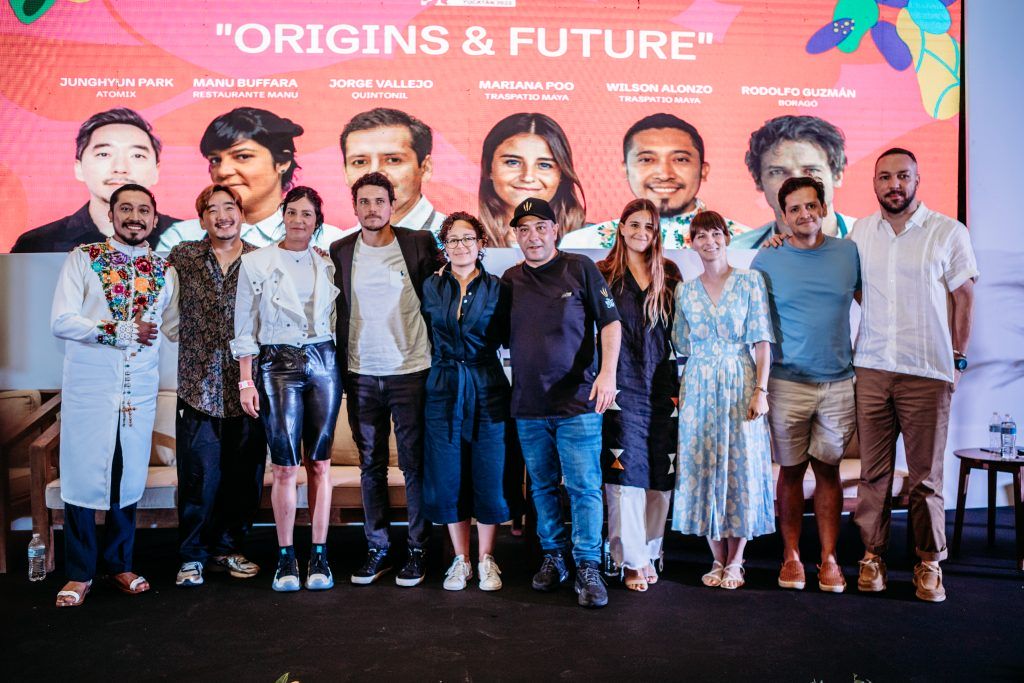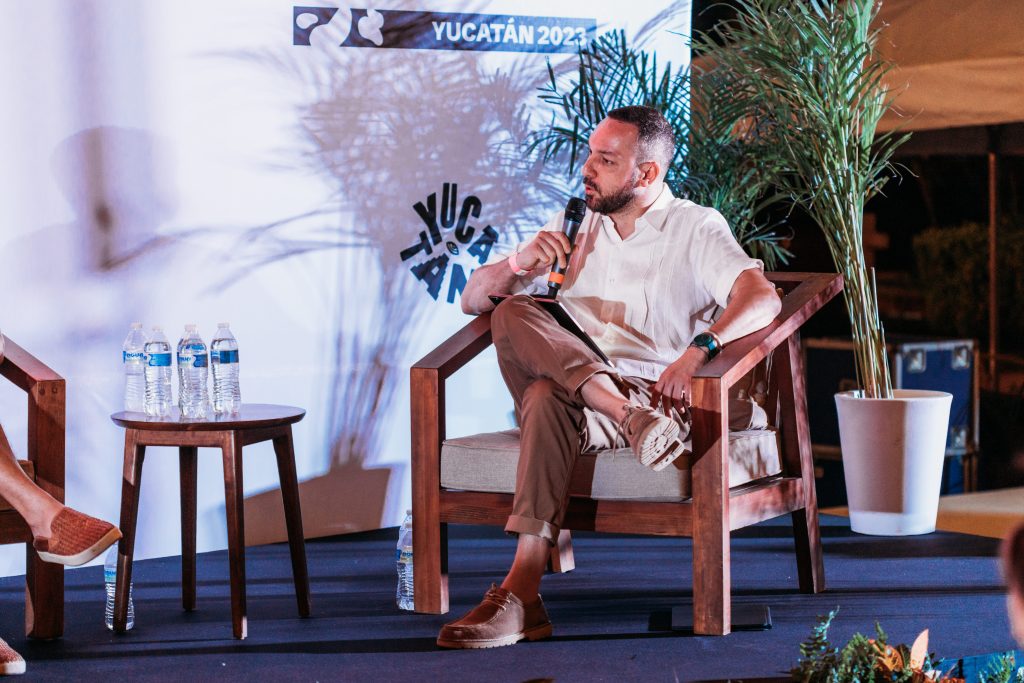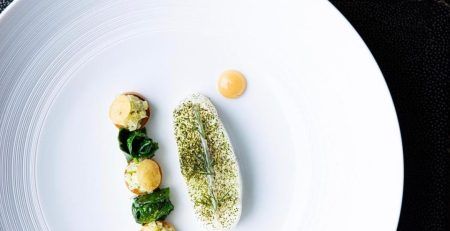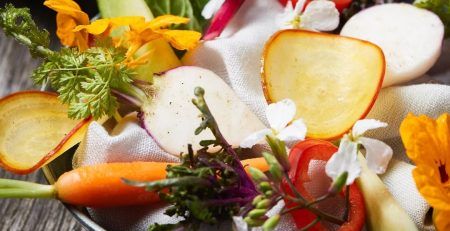After the panel discussion, the audience engaged in a lively question-and-answer session, addressing crucial topics such as globalization, the preservation of traditional cuisine, and the role of artificial intelligence in the culinary industry.



A participant from Crete expressed curiosity about the concept of seed exchange and the global promotion of Latin American ingredients and cuisines. Chef Jorge Vallejo aptly pointed out that while the exchange of seeds and ingredients has long been a part of gastronomy, it must be executed responsibly to safeguard biodiversity and prevent harm to the environment. He underscored the need to recognize that, even with climate change facilitating the adoption of new varieties, there is a potential threat to indigenous species.
The importance of technology
The conversation seamlessly transitioned to the impact of artificial intelligence on the future of food. Rodolfo Guzman highlighted that artificial intelligence can provide valuable insights into self-discovery and talent recognition, particularly in the culinary realm. The discussion touched upon how artificial intelligence influences cooking techniques, aids in recipe development, and contributes to the creation of distinct flavor profiles.

Subsequently, the dialogue delved into the evolving role of chefs in today’s culinary landscape, where they have emerged as celebrities and influencers. Manu Buffara astutely emphasized the powerful influence of media and social networks on shaping the public perception of chefs. She also underscored the responsibility chefs have in leveraging their influence to encourage healthier eating habits. Mariana Poo added another layer to this perspective by highlighting the vital role of a chef as an ambassador for their region or country, contributing significantly to social and environmental well-being.
Throughout the conversation, there was a recurrent theme emphasizing the importance of being a guiding light and setting an example for future generations. A compelling vision emerged, depicting chefs as cultural ambassadors, connecting various elements of the food chain and reinforcing the experiences and values associated with their culinary creations. The discussion also celebrated the collaborative and altruistic nature of the catering industry, drawing comparisons with other sectors.









